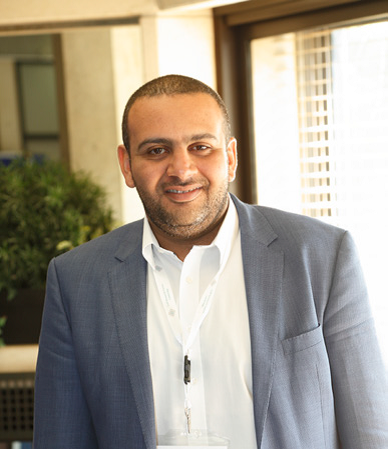Islamic Banking and Finance (IBF) institutions has enjoyed an unprecedented growth since their inception in 1975 with over 15 per cent compound growth rate from 2007- 2014. The GCC remains one of the main hubs of IBF activities. This is mainly due to the large wealth and capital accumulated in the region, which provides the required liquidity for the development of IBF industry to enjoy double-digit growth. It is true that, during the financial crisis, there was a slowdown in asset growth and operations in the IBF industry as compared to the previous period, including sukuk defaults but without any major damage. However, after the initial impact of the global financial crisis, the IBF industry in the GCC has managed to come back strongly. Consequently, the sukuk market too has overcome the contraction and is now enjoying another phase of robust expansion. This workshop, thus, aims at exploring the dynamics of the IBF industry in the GCC region by inviting papers on the different aspects, including progress and performance, of the IBF industry in the GCC.
3 DAYS / 12 Workshops
MORE THAN 300 ACADEMIC PAPERS
This workshop aims to explore and discuss the particularities and dynamism of IBF in the
GCC region by making direct references to the micro and macro dynamics of the industry
and the impact of the GCC economic and financial environment and political economy
on its development and sustainability.
The workshop aims to attract papers in the areas (but not limited to) mentioned in the
following section in relation to the IBF industry in the GCC region. It is aimed to attract
around 30 papers, which can then be developed into an edited book after the conference
as well included in a special edition of a journal.
The GCC region is the main hub of the IBF global industry, the development of which is
determined by the financial position of the countries as well as the capital accumulated in
the region. It is predicted that the IBF industry will become the main banking and
financial model in the GCC by 2025. Therefore, it is important to conduct comprehensive
research on this vital area. The IBF industry is not limited to the private sector, but its
expansion is also due to the political will expressed in some of the GCC countries such as
the UAE (Dubai) and Qatar. However, at the same time, the sluggish development in the
field in some of the GCC countries can be attributed to the political economy realities of
those countries. The developments in the IBF industry, therefore, require close academic
scrutiny to understand the dynamics, motivators, performance and other aspects of IBF so
that a better and evidence based understanding can be developed.
This workshop, thus, will provide an opportunity to bring out studies on the GCC IBF
industry and, importantly, will contribute to the literature in relation to different aspects
of IBF industry in the GCC region. This will be an important initiative in disseminating
knowledge generated in the GCC region in relation to the IBF industry. In particular,
publishing an edited volume, and perhaps a special issue in a journal, with the selected
papers presented at the workshop will create an important handbook and reference
volume for academics, professionals, and policy makers.

